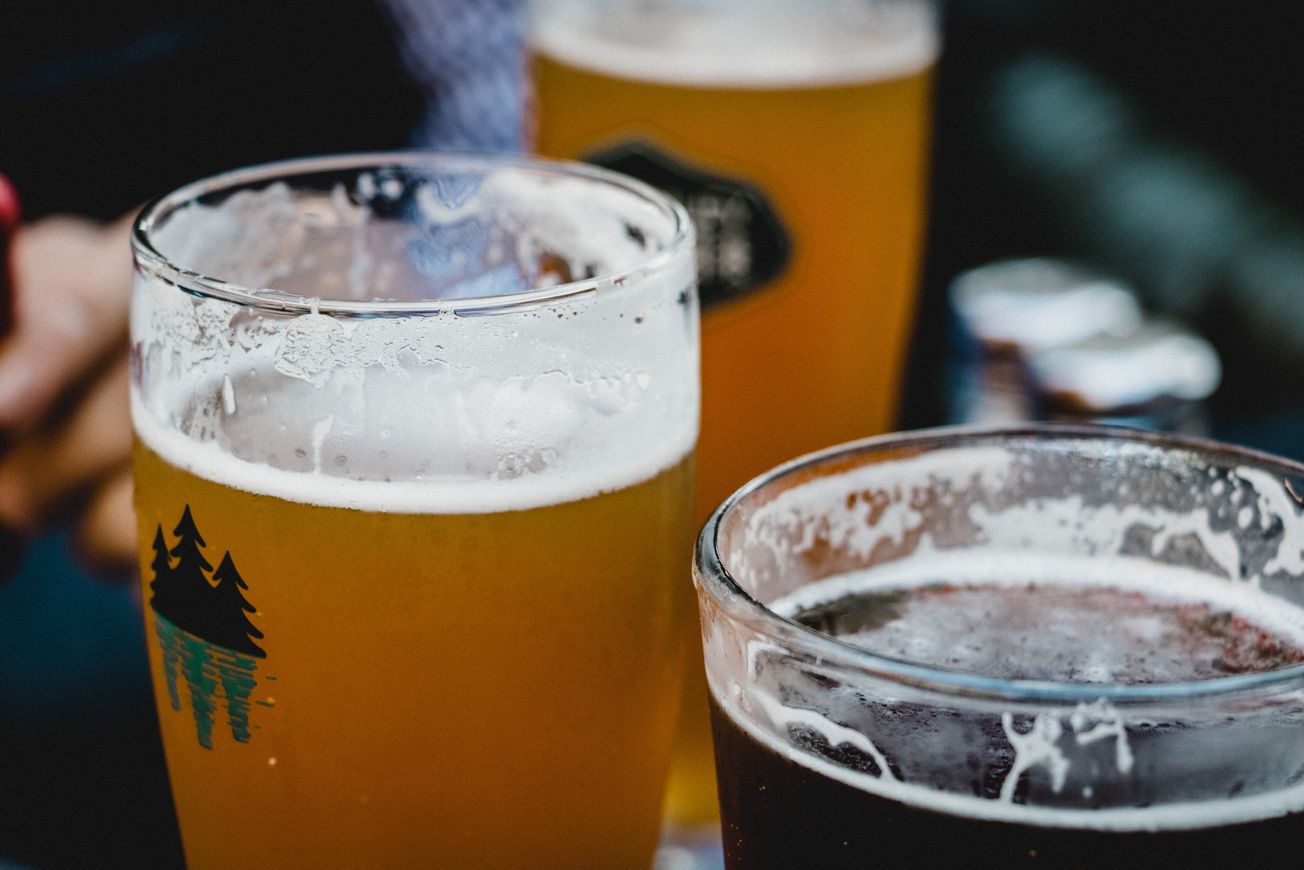By Bethan Howe, Third Year Psychology
With the rise of anxiety disorder prevalence in adolescents over the last decade, recent psychological research aims to investigate if these disorders are related to other disorders seen in adulthood, such as alcoholism. Both disorders inflict significant health, social, and economic costs on the individual as well as society, but the relationship between anxiety and alcohol use remains unclear. Recent research conducted by the University of Bristol Tobacco and Alcohol Research Group (TARG) in the School of Psychological Science investigated this relationship, by exploring whether child and adolescent anxiety is related to later alcohol use and alcohol use disorders in a systematic review.
The study found some evidence for a positive association between anxiety and later alcohol use disorders. This relationship may be explained by the self-medication hypothesis, which suggests anxious individuals consume alcohol to alleviate their physiological and emotional reactivity. However, one-fifth of the evidence also showed that anxiety was prospectively associated with lower alcohol consumption. It is thought that anxiety may reduce alcohol use due to factors such as the fear of negative consequences associated with drinking, cognitive or behavioural impairment, and social withdrawal. Yet, associations between anxiety and later alcohol consumption and binge drinking were inconsistent.
However, absence of evidence does not mean it can be concluded that there is no relationship between anxiety and alcohol use, and the positive associations do suggest young people of higher anxiety may be at a greater risk of developing alcohol problems. Further research needs to investigate specific anxiety symptoms related to development of alcohol disorders, and the causation of this relationship needs to be established. Maddy Dyer, PhD student in TARG stated we need “to understand why there are differences in associations for alcohol levels versus problematic use, and to establish which individuals with anxiety develop alcohol problems. This could lead to improvements in personalised interventions."
Featured Image:Carlos Blanco/ Unsplash
Want to hear more about Bristol research like this? Let us know your thoughts!









